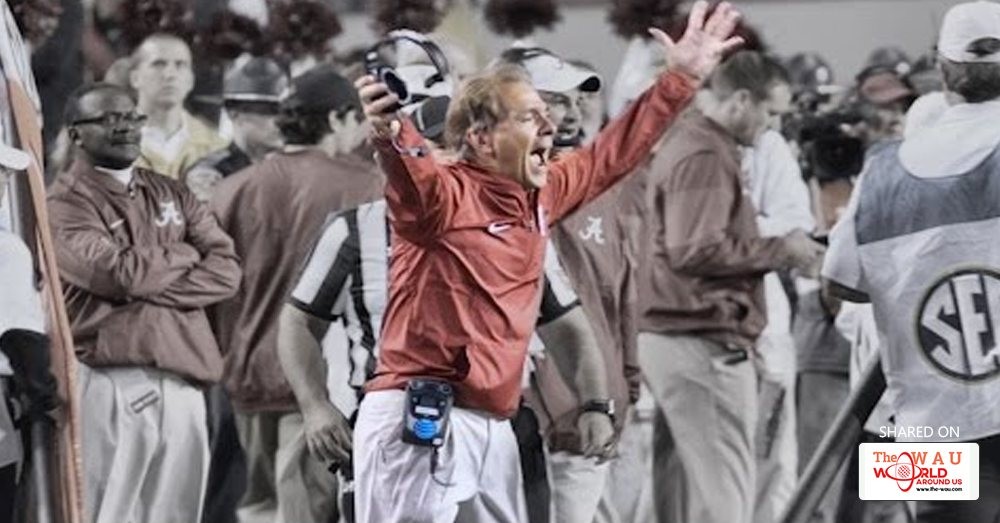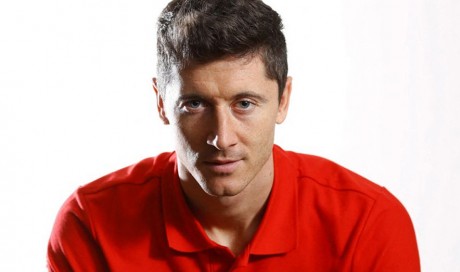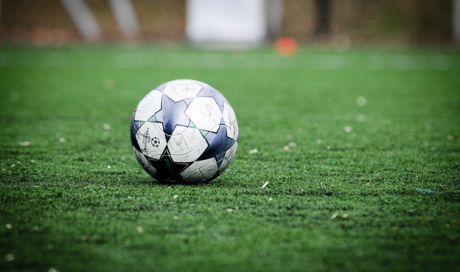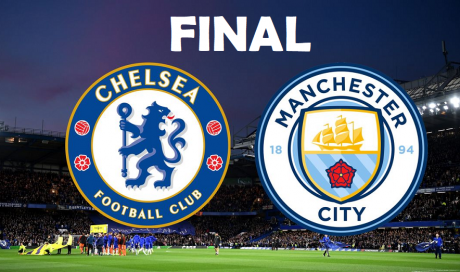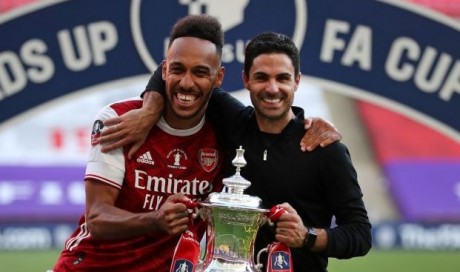By stepping onto the field and erupting at the College Football Playoff National Championship, Clemson coach Dabo Swinney became a poster child for bad coaching behavior. The video of Swinney is making the rounds this offseason among conference officiating coordinators, marking the second straight year he exploded while on the field at the national championship game.
Dabo Swinney lost his mind after a no-call on a pass interference by MediaBAZAR on YouTube
This year, Swinney was furious that the Big 12 officiating crew seemed to miss a call on Alabama for pass interference. He slammed his hat down without letting go. He hollered and paced for at least 20 seconds. He gestured wildly at the field judge. A Clemson staff member tried unsuccessfully to pull Swinney by his sweatshirt back to the sideline.
By rule, the officials should have called unsportsmanlike conduct on Swinney. They didn’t.
“I think it’s a valid point to say pass interference would have been the right call on that play,” Big 12 officiating coordinator Walt Anderson said. “But whether it was called or not, two wrongs don’t make a right. It doesn’t give the coach the opportunity to act like he did.”
Swinney was hardly alone in 2016, the first season in which the NCAA explicitly stated coaches are automatically ejected for two unsportsmanlike conduct penalties in a game. Pockets of coaches kept treating the playing field like their personal sanctuary to act like multi-million-dollar mad men.
Not a single coach got ejected at the FBS or FCS level in 2016, according to the NCAA. One officiating coordinator, who asked to remain anonymous, put it this way: “Nobody wants to be the first to do it. It will be huge news. I’ve told our guys, ‘If a coach makes you do that, then you’ve just got to do it.’”
Frankly, some ejections are needed to restore some sanity and reduce the amount of influence coaches can have on officiating calls. Some coaches, the supposed adults, are getting away with behavior that would never be accepted from players. What will it take for a football coach to get tossed from a game?
“Pretty bad behavior,” Anderson said. “We’re trying to correct this. It’s like making an omelet. We are going to have to break a few eggs to change the culture and may make a few mistakes.”
Understandably, no referee wants to toss a coach, especially if the officials erred on the call. Contrary to what many fans believe, officials don’t always screw up. Sometimes coaches have a legitimate beef; sometimes they’re totally clueless about a rule or what they think they saw.
“We need to get the genie back in the bottle,” American Athletic Conference officiating coordinator Terry McAulay said. “It’s not fair to the vast majority of the coaches who are phenomenal and coach within the rules. Eventually, they’re not going to coach within the rules if their counterparts get away with it. Then we’ll have utter chaos. The perception is the coach violating the rule is going to get the next call because if I make a call against him, I’ll have to deal with this again. I don’t think that happens in practice, but it certainly is the perception and that’s a problem.”
Except sideline bias by working the refs is real, according to a recent study by authors Noah Davis and Michael Lopez, who analyzed every NFL regular season play from 2010-14.
They found that several common defensive penalties -- pass interference, personal fouls, unsportsmanlike conduct and horse-collar tackles -- were called significantly more often when plays were run toward the side of the field with the offensive bench. Conversely, offensive holding penalties were called more frequently on plays run toward the defensive bench.
Those differences weren’t the same everywhere on the field. The study found the effect only shows up on plays run, roughly, between the 32-yard lines -- the space where NFL coaches and players are allowed to stand. Close to the end zone, where the sidelines are supposed to be without coaches and players, there’s not much difference on penalty calls.
“Deprived of the advantages like instant replay that we enjoy from the couch, refs have less information to help them resist the normal subconscious urge to draw on external cues for assistance in making borderline calls,” the authors wrote for FiveThirtyEight.com. “In psychology terms, this process is called cue learning. It’s why we laugh longer in the presence of other humans laughing, why we eat more in the presence of overweight company, and why our judgment of persuasive speeches is influenced by the audience’s reaction.”
Alabama coach Nick Saban flat-out said working the refs is exactly why he came onto the field to jaw with officials at Arkansas last season.
“It’s just like the manager that goes out in baseball,” Saban said with a smile in October, according to AL.com. “Did you ever see a manager come out in baseball and argue the call and the umpire changed the call? No. You’re trying to get it right the next time. You’re just trying to make sure they get it right the next time.”
National officiating coordinator Rogers Redding sent a memo this month to conferences reminding them of sideline rules because “a small minority of coaches continue to come on to the field of play regularly during the course of a game, in clear violation of the rules.” The memo advised “there will be an emphasis nationally to apply these rules fairly and consistently.”
The NCAA didn’t provide data on the number of unsportsmanlike conduct penalties on coaches. Anecdotally, several officiating coordinators said they think more got called in 2016.
If you talk to some officials and officiating coordinators, they can easily identify difficult coaches who violate the sideline rule. They include, but aren’t limited to, these coaches:
Swinney, who has argued on the field beyond the past two national championship game. Check him out as he went wild against Pittsburgh in 2016.
Florida State coach Jimbo Fisher, who had an epic rant while arguing over a chop block call against Clemson with the Seminoles’ sideline getting an unsportsmanlike conduct penalty. After the game, Fisher said the chop block call was “ridiculous” and the unsportsmanlike conduct penalty was “cowardly, gutless and wrong.” The ACC fined Florida State $20,000.
Pittsburgh coach Pat Narduzzi, who has thrown his headset over calls and repeatedly comes onto the field to complain. Pitt got fined $5,000 by the ACC for Narduzzi publicly criticizing officials. “The ACC has more coaches than anybody else that are a problem,” one official said. ACC officiating coordinator Dennis Hennigan said he will address the NCAA’s new point of emphasis with ACC coaches. “I don’t anticipate it being a problem,” he said. “Some coaches are more emotional and excitable than others. As officials, what we want to do is not meet emotion with emotion and just defuse the situation. A 15-yard penalty is significant, and we want to do what we can to avoid throwing that flag.”
Michigan coach Jim Harbaugh, who got penalized when he slammed his headset and threw a play sheet so far it ended up in the middle of the field against Ohio State. Michigan was fined $10,000 by the Big Ten for Harbaugh’s post-game criticism of the officials.
...[ Continue to next page ]
Share This Post

